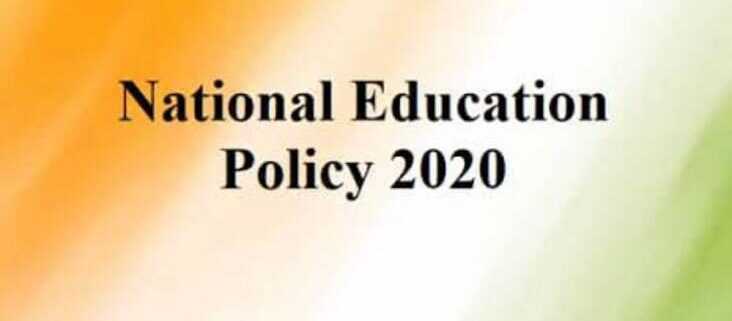Constitution of the High-Powered Committee: The National Syllabus &Teaching-Learning Material Committee (NSTC)
Constitution of the High-Powered Committee: The National Syllabus and Teaching-Learning Material Committee (NSTC)
Background
The National Education Policy (NEP) 2020 has set out a new roadmap for school education in India. One of the key pillars of the NEP is the development of a new National Curriculum Framework (NCF) for school education. The NCF will be a flexible and learner-centric framework providing a roadmap for developing textbooks and other teaching-learning materials (TLTMs) for school education.
Constitution of the NSTC
In order to develop the NCF and TLTMs for classes 3-12, the Ministry of Education has constituted a High-Powered Committee (HPC) called the National Syllabus and Teaching-Learning Material Committee (NSTC) on July 2023. The NSTC is a 21-member committee chaired by Shri M.C. Pant, Chancellor of the National Institute of Educational Planning and Administration (NIEPA). The co-chairperson of the NSTC is Prof. Manjul Bhargava, Princeton University.
The other members of the NSTC are:
- Sudha Murty, Chairperson, Infosys Foundation
- Bibek Debroy, Chairman, EAC to the PM of India
- Shekhar Mande, Former Director of the General Council of Scientific and Industrial Research (CSIR)
- Sujatha Ramdorai, University of British Columbia
- Shri Shankar Mahadevan, Music Maestro
- Shri L.Vimal Kumar, Director, Prakash Padukone Badminton Academy
- Michel Danino, Visiting Professor, Indian Institute of Technology Gandhinagar
- Surina Rajan, Former Director General, Haryana Institute of Public Administration (HIPA)
- Shri Chamu Krishna Shastri, Chairperson, Bhasha Samiti
- Shri Sanjiv Sanyal, Member, EAC-PM
- M.D. Srinivas, Chairman, Centre for Policy Studies, Chennai
- Shri Gajanan Londhe, Head, Programme Office, NSTC
- Rabin Chettri, Director, State Council of Educational Research and Training (SCERT), Sikkim
The NSTC will be assisted by several experts and stakeholders, including members of the National Steering Committee for the NEP, the Mandate Group for the NCF, and the State Councils of Educational Research and Training (SCERTs).
Terms of Reference (ToR)
The NSTC will be responsible for the following tasks:
- Developing the NCF for classes 3-12
- Developing TLTMs for classes 3-12
- Reviewing and updating the existing textbooks for classes 1 and 2
- Facilitating the development of TLTMs by Curricular Area Groups (CAGs)
- Overseeing the development of TLTMs by the NCERT and SCERTs
The NSTC will be guided by the principles of the NEP, which emphasize learner-centrism, holistic development, and multidisciplinary learning. The NSTC will also consider the feedback from teachers, parents, and other stakeholders.
The NOC
The NSTC will be supported by a National Oversight Committee (NOC) that will be responsible for the following tasks:
- Ensuring that the NSTC is functioning effectively
- Guiding the NSTC on technical and content matters
- Overseeing the development of the NCF and TLTMs
The NOC will be composed of a few members of the National Steering Committee, the Mandate Group for the NCF, and other relevant experts.
One may conclude that the constitution of the NSTC is a significant step towards implementing the NEP. The NSTC will be critical in developing the NCF and TLTMs for classes 3-12. The NOC will support the NSTC and ensure the process is smooth and efficient.
Constitution_of_High-Powered_Committee-NSTC-NCERT-July2023 (Official Communication)







Trackbacks & Pingbacks
19-member National Syllabus and Teaching Learning Material Committee (NSTC), which was notified in July to finalize the curriculum, textbooks, and learning materials for these
Comments are closed.